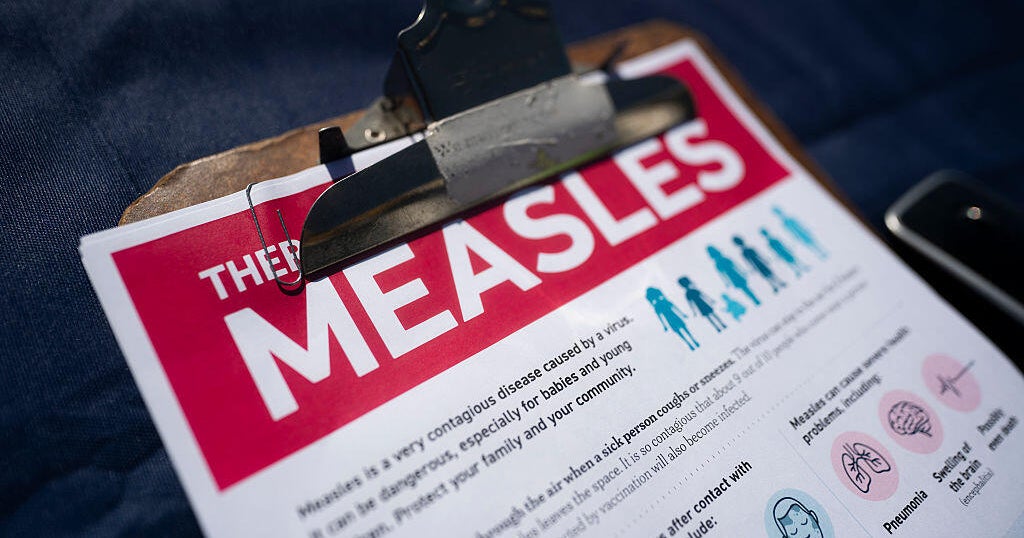Another new variant of COVID-19 is spreading rapidly in South Africa
A new variant of the coronavirus, which appears to be more transmissible, has been discovered in South Africa and is being blamed for a new surge in COVID-19 cases there.
Though it emerged independently, it features a similar mutation to the new variant discovered in the United Kingdom that scientists say is more transmissible, prompting many nations to ban travel from Britain.
South Africa's health minister, Zweli Mkhize, said that the new variant there appeared to be linked to higher rates of severe illness in younger people, and that scientists are working to learn more about it.
Germany, Switzerland, Israel, Turkey, and Saudi Arabia are among countries that have stopped flights to and from South Africa.
On Wednesday, British Health Secretary Matt Hancock said that two cases of a new variant of coronavirus from South Africa had been detected in Britain. He announced that anyone who had been to South Africa in the last to weeks must quarantine immediately.
"This new variant is highly concerning, because it is yet more transmissible and it appears to have mutated further than the new variant that has been discovered in the U.K.," Hancock said.
CBS News' Haley Ott spoke with Tulio de Oliveira, director of KwaZulu-Natal Research Innovation and Sequencing Platform (KRISP) at the University of KwaZulu-Natal in Durban, South Africa, who is part of the team that discovered the new South African variant. He said on Wednesday that he was working closely with the British government, and that it was the new South African variant discovered in the U.K. A transcript of the interview below has been edited for length and clarity.
Haley Ott: We're hearing reports of new variants of the coronavirus emerging in countries around the world. What's happening in South Africa?
Professor Tulio de Oliveira: We have a new variant that has been spreading very fast, and that has done similar (things) to what the variant in London has done — that is, to dominate. What it means — dominate — is displacing all the others, like 20, 30 different lineages, that we had.
It's very important to notice that the variants between South Africa and the U.K. They are very different. They do not have a common origin, but they have a few similarities. Both of them have a key mutation in the spike glycoprotein that allows the spike protein, most probably, to bind better to the cells and enter the body. Both of us, in South Africa and the U.K., believe that this lineage is much more transmissible than the previous lineage. And we are trying to study that as quickly and as thoroughly as possible.
Is there any indication that these new variants have worse outcomes in terms of the severity of the disease in South Africa or in the U.K.?
At the moment, we believe, both in South Africa and the U.K., that the severity of the disease is similar. But again, it's still an open question. But we have no reason to believe that the disease severity is dissimilar. However, if it is spreading much faster, we end up with much more people, just by the sheer number, sick.
As more information comes out about these new variants and, in different countries, as governments announce their plans to respond, I think people might be slightly confused about how intense their reaction should be to this. Some people are saying viruses mutate all the time, this is not unusual. But also we're hearing that it's much more transmissible. How concerned should people be about these new variants?
Yes, viruses do mutate all the time. And the SARS-CoV-2 [coronavirus] had kind of a fixed linear mutation rate of around two mutations a month. We haven't been worried before about the previous mutations because they seemed not to affect drastically the biological properties of the virus. And that's why we've become more concerned, when two independent variants seem to be spreading quicker in two areas of the world. We wouldn't be surprised if other countries also find strains that that seem to be transmitting better due to mutations in the spike protein.
Can you tell me a bit about how you discovered this new lineage in South Africa?
We increased the genomic surveillance in the area in South Africa that was getting the first surge of the second wave, because we were quite surprised. Because in South African summer, we are not expecting a surge and a big second wave to start in the summer. And then when we surveyed that, we saw that this lineage seemed to be displacing the other ones, but also spreading very fast across the coast.
What do you think people should understand about what's happening here?
We have to almost take an approach similar to many of the South Asian and Asian and Oceania countries that tried to stop transmission and tried to stop transmission when it starts, reacting very strongly to a small number of cases. So what happened in South Africa, in the U.K., in the United States, or Brazil, is we have been leaving this virus circulating at relatively low or high level and trying to learn to live with the virus. But maybe the virus is beginning to outsmart us.
We are quite concerned, not only for South Africa, but also for the rest of Africa. Our health system has been has been affected by 20 years of HIV and TB epidemics, so we are quite concerned that while Africa may have escaped the first wave quite successfully, if it doesn't become more strict and try to control this virus, we may not escape this this second wave as successfully as we did in the first one.



